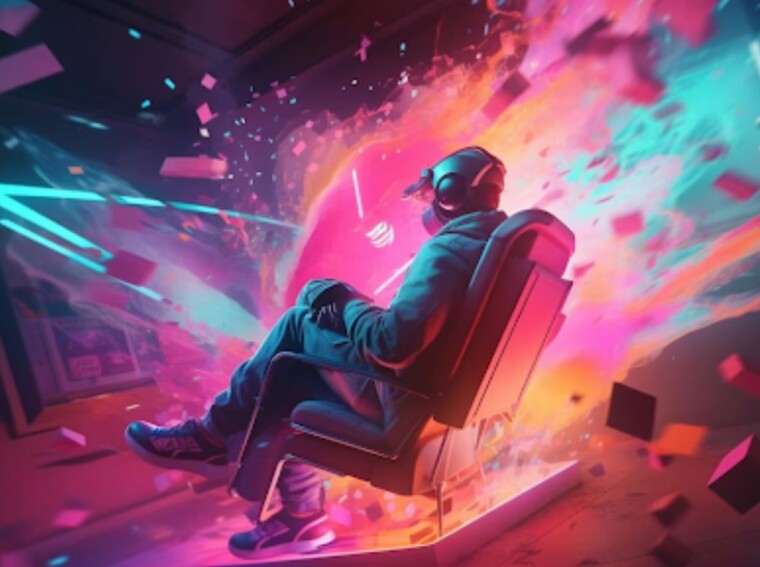The gaming industry has undergone rapid transformation over the past ten years. From the rise of mobile gaming to the emergence of virtual reality, how we play online games has been fundamentally transformed. Now, another technology is stirring the pot: cryptocurrency.
Cryptocurrencies, like Bitcoin and Ethereum, are digital assets built on blockchain technology. This technology creates a decentralized and immutable ledger, making it incredibly secure and transparent.
This very characteristic is what makes many believe that crypto has the potential to revolutionize in-game economies.
A History of Ownership
Traditionally, in-game economies have been closed ecosystems controlled by the game developers. Players invest time and money acquiring in-game assets, but ultimately, these assets have no real-world value and remain owned by the developer.
This lack of true ownership has been a point of contention for some gamers, especially when considering the significant time and resources they pour into their virtual lives.
Enter The Blockchain
Cryptocurrency and blockchain technology offer a solution to this ownership dilemma. Developers can use blockchain technology to create in-game assets represented by Non-Fungible Tokens (NFTs).
NFTs are unique digital tokens that act as certificates of ownership for digital assets. This allows players to own their in-game items, such as weapons, skins, or virtual land. This ownership extends beyond the confines of the game itself.
Players can freely trade their NFTs on secondary marketplaces, potentially generating real-world value from their digital possessions. This opens doors for entirely new player-driven economies within games, where players can earn, trade, and even invest in virtual assets.
While the ethical and legal considerations surrounding trading these digital assets are complex and vary by jurisdiction, the emergence of online casino games that operate using cryptocurrencies and their success is worth noting.
These games, ranging from classic slots and blackjack to more niche offerings like Pachinko, allow players to deposit and wager using crypto instead of traditional fiat currencies. Some even allow online gamers to fund their casino accounts using their in-game assets.
A Different Kind of Playground
Imagine a world where your prized sword from an online role-playing game (RPG) isn’t just pixels on a screen but a unique, verifiable asset you can own and trade. Or, picture a scenario where your virtual land in a simulator game truly belongs to you, allowing you to rent or sell it as you see fit.
These are just a few possibilities unlocked by integrating blockchain technology and cryptocurrencies.
However, it’s important to remember that implementing crypto and NFTs in gaming is still in its early stages. Many challenges remain, including scalability issues, environmental concerns surrounding blockchain technology, and the potential for scams within the NFT space.
Beyond Ownership: The Online Gaming Landscape
The impact of crypto isn’t limited to ownership. Blockchain technology offers other potential benefits for online gaming, such as:
- Enhanced security: Blockchain’s immutable nature can help prevent fraud and hacking in online games, ensuring a fairer and more secure environment for all players.
- Improved content creation: Blockchain can incentivize content creators by allowing them to monetize their work directly through in-game tokens. This could lead to a more diverse and innovative gaming landscape.
- Decentralized governance: Blockchain technology could enable players to have a say in the development and governance of games, fostering a more collaborative and community-driven environment.
Altering the Gaming Economy Landscape
While the exact path remains unclear, one thing is certain: integrating crypto and blockchain technology can significantly alter the landscape of in-game economies.
Whether through empowering players with true ownership, fostering new economic models, or simply enhancing security, crypto promises to disrupt how we interact with and experience the virtual gaming world.


